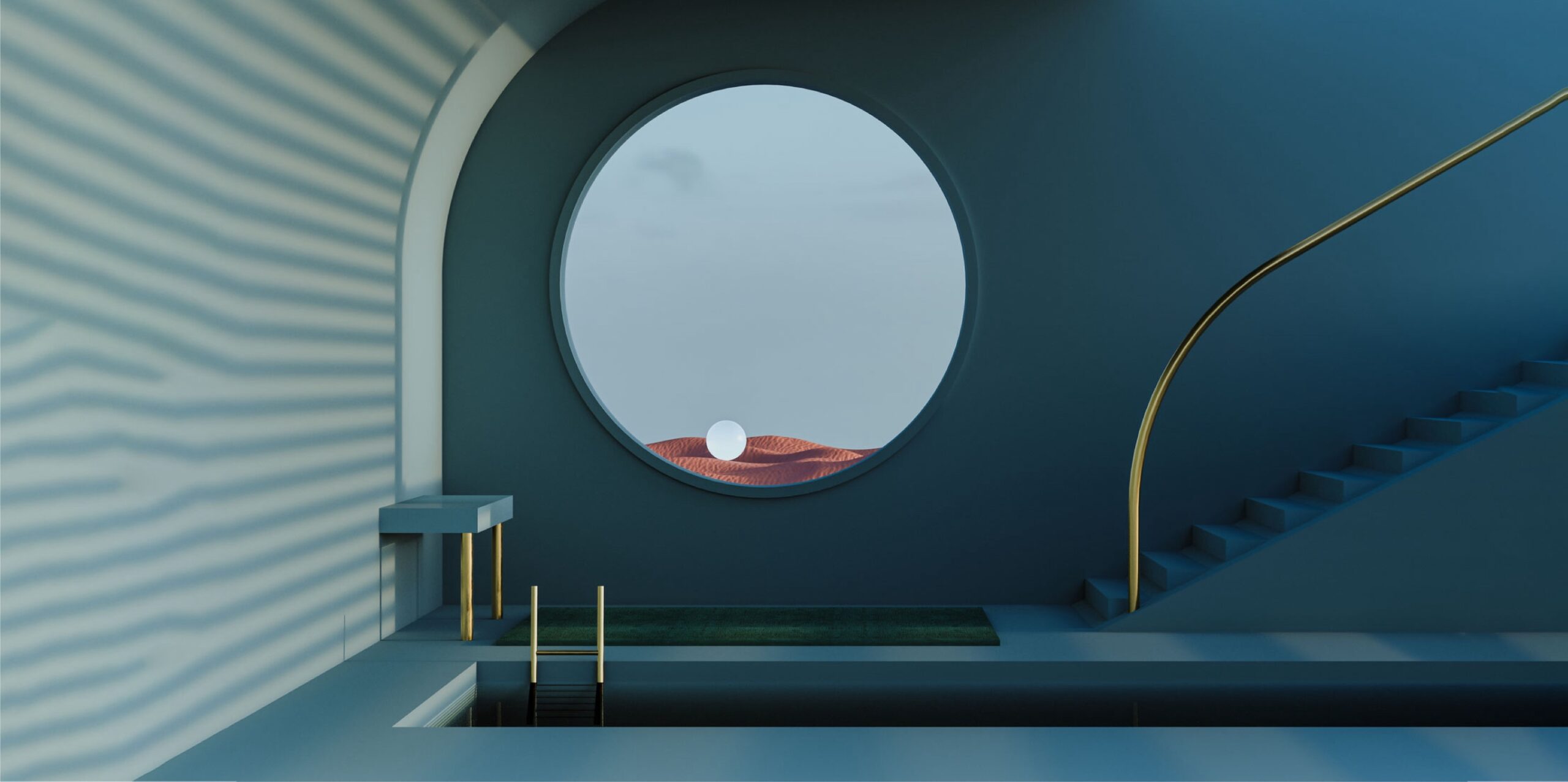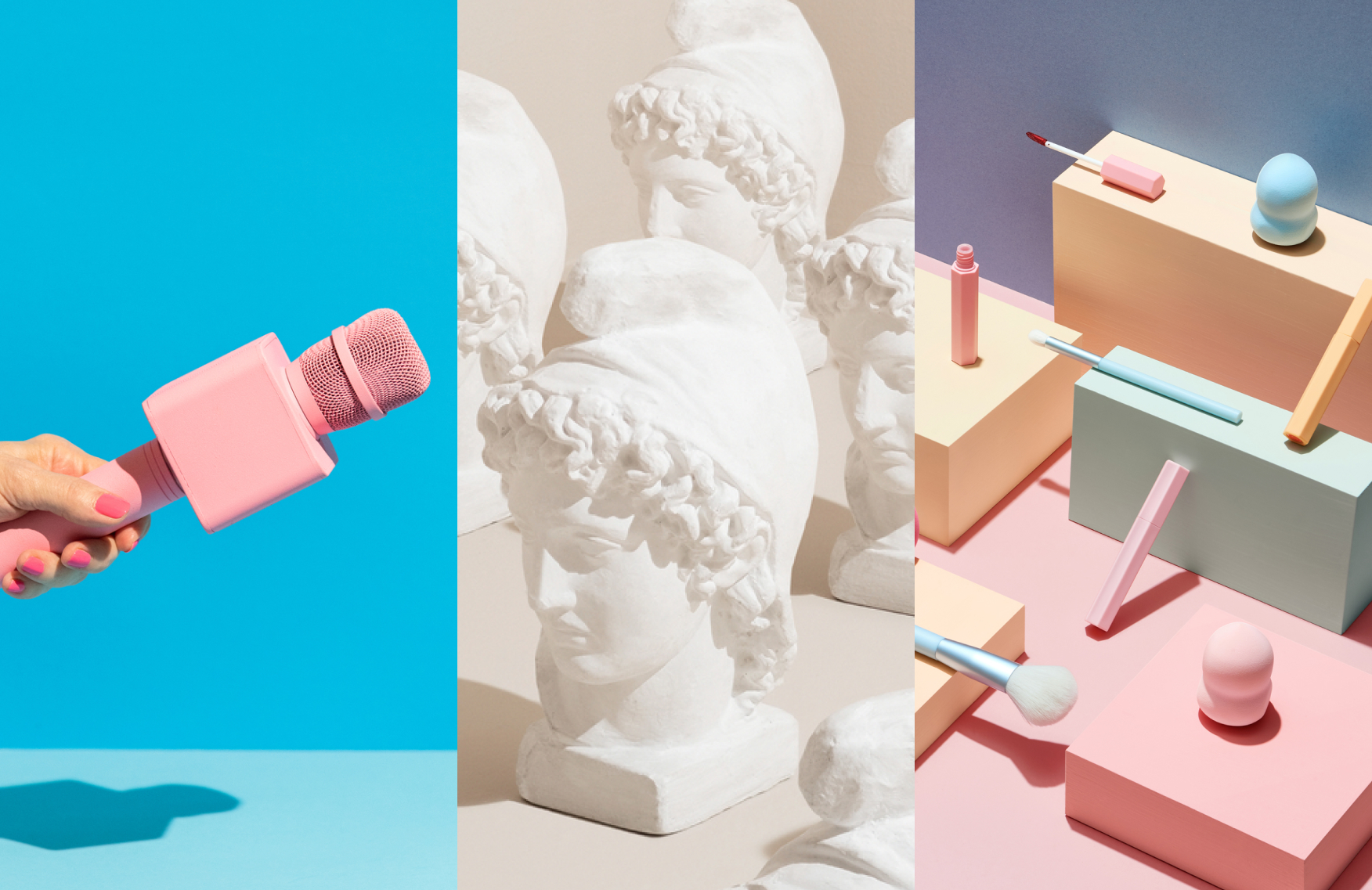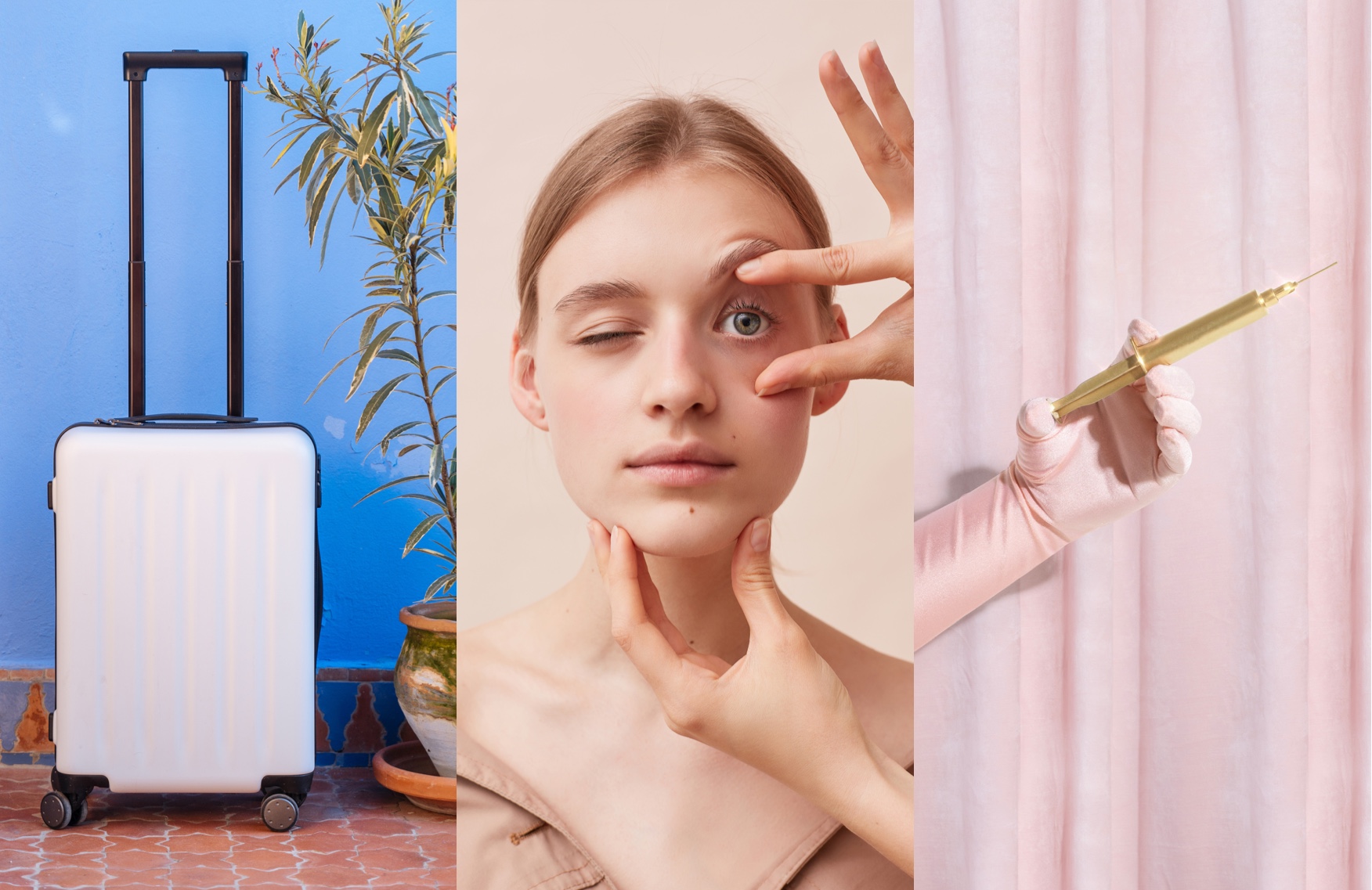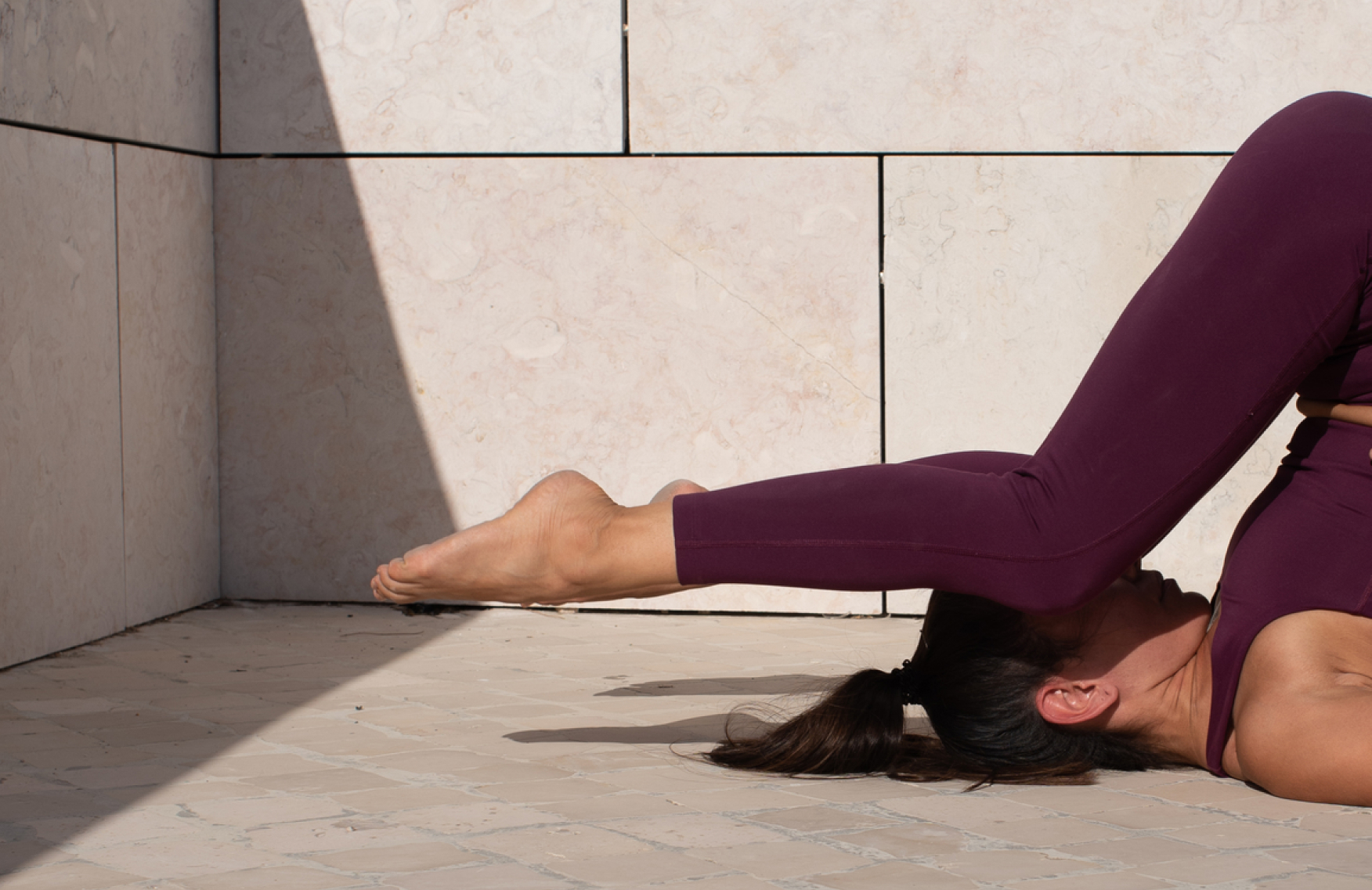What’s the ‘blue space’ vacation trend? And why are people claiming it’s the antidote to all their stress?

Picture yourself on a beach: Toes sinking into the soft, white sand, and waves crashing rhythmically on the shore as you look beyond the wide blue horizon. If that mental image is what regularly prompts you to book vacations to Maui, Bermuda or Martha’s Vineyard, it’s because research has shown that our experiences with blue spaces—or outdoor water environments—benefit our health and wellbeing.
Water = nature’s ultimate stress reliever.
“There’s a shift that happens when you’re near or comfortably in the water. It is a physiological shift, a neurochemical shift,” says Wallace J. Nichols, Ph.D, a marine biologist and author of best-selling book, Blue Mind: How Water Makes You Happier, More Connected, and Better at What You Do. “I’ve seen it across all cultures, throughout all history, throughout all spiritual traditions and even when you look beyond humans to other mammals.”
Nichols coined the term “blue mind” to describe what he considers the “universal human response to water in all of its forms” and an antidote to the everyday stress that governs people’s lives, particularly in the age of mobile technology.
“When we step up to water—it could be a tank in an aquarium or you could be putting your feet in the pool or walking on the beach—our heart rate slows, our breathing rate slows,” Dr. Nichols says. “We see a drop in stress hormones and a bump in feel-good chemicals like dopamine, oxytocin and serotonin. People report that they feel better.”
Recent studies have supported Nichols’ blue mind concept that exposure to environments with visible, natural surface waters, such as beaches, lakes and rivers, can improve mental and psycho-social health. A 2021 study by the European research initiative BlueHealth surveyed 18,000 residents and visitors of 18 countries and found that those who frequently paid recreational visits to blue (and green) spaces reported less stress and better mental health.
A fresh perspective.
Another factor contributing to the positive benefits of being near water is related to our body and mind’s response to awe and wonder. “Awe is the feeling that is triggered when you experience something so vast or complex that it makes you feel like you need to change your understanding of the world,” says Paul K. Piff, Ph.D, associate professor of psychological science at UC Irvine. “It can be something large like the Pacific Ocean or the Grand Canyon, or something small like patterns of light on water.”
Nature’s ability to inspire awe with every crystal-clear reflection off a lake or cascading waterfall promotes prosocial behavior and feelings of empathy and compassion, according to a 2015 study in the Journal of Personality and Social Psychology which Dr. Piff co-authored.
“The idea that water can help build compassion is a powerful concept at a time when we could certainly use a lot more of that,” Dr. Nichols says.
The meditative powers of ‘Mother Ocean.’
Research around the impact of activities and sports set in water, such as fishing, scuba diving and surfing, have also shown nature’s potential as a setting for therapeutic interventions. Groups, such as the International Surf Therapy Organization (ISTO), have supported programs around the globe that target specific needs and diverse populations, including people who have suffered from trauma, addiction, grief and loss.
“Surfing creates patience and induces a meditative state. It has also been found to boost social competencies and re-engagement at home, school, and the workplace,” says Kris Primacio, CEO of the International Surf Therapy Organization. A typical surf therapy session includes a safe space for group sharing and bonding as well as surf instruction on land and in the water.
“A world pandemic heightened the need for alternative mental health support, and we’re building a strong case for more time in the sea,” Primacio says. “Mother Ocean welcomes you unconditionally in her vastness and immerses you in what feels like a long-deep hug each time. It’s the place where I’m 100% present.”
Can’t get away? Try a blue space staycation.
With the pandemic still at play, it’s important to note that you don’t need to go to get on a plane or even leave your hometown to connect with the relaxing benefits of blue spaces. “Public pools, fountains, a soothing bath or even static objects such as paintings, can also provide that much-needed calm or rejuvenation,” Dr. Nichols advises.


